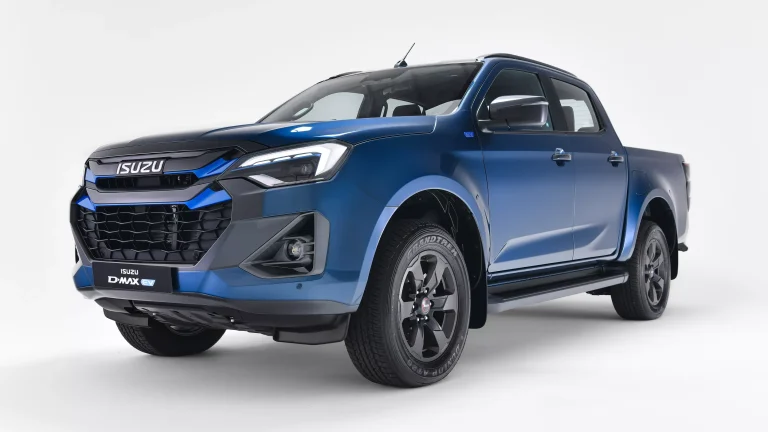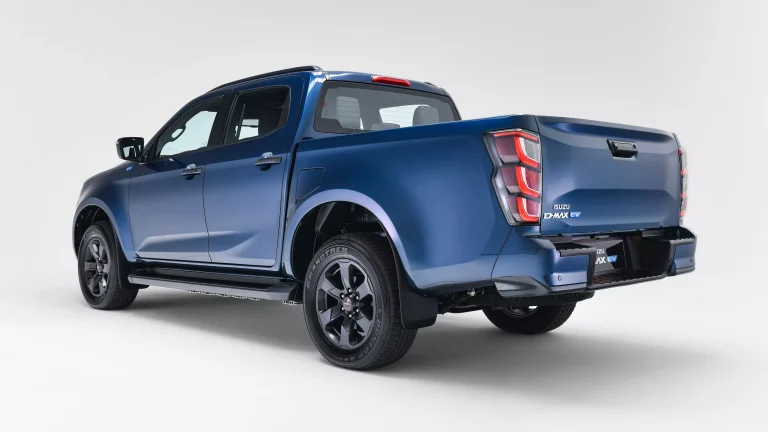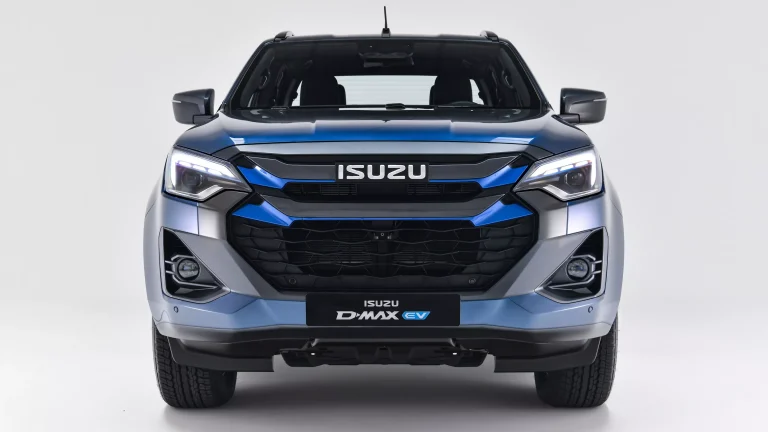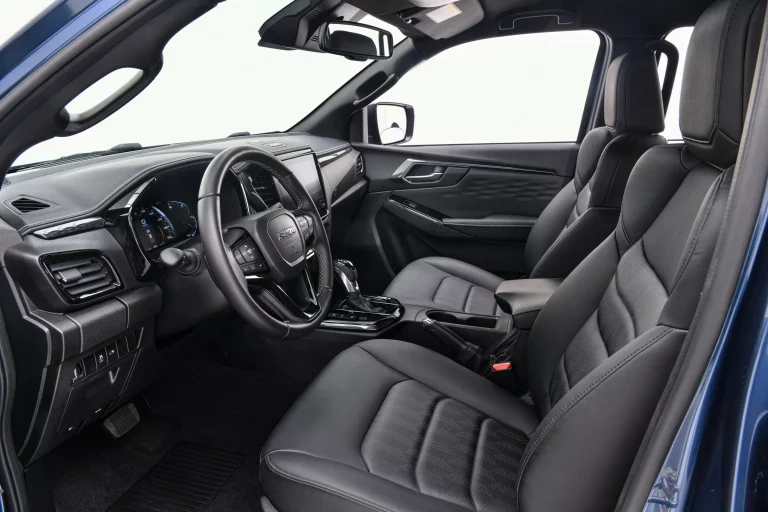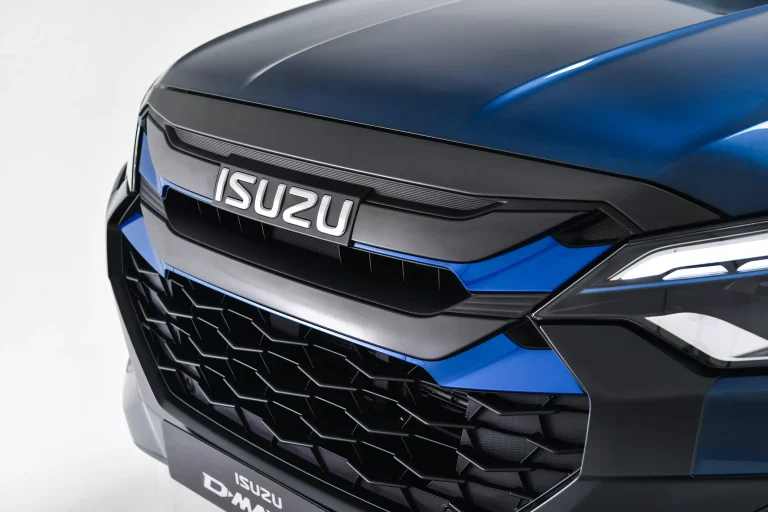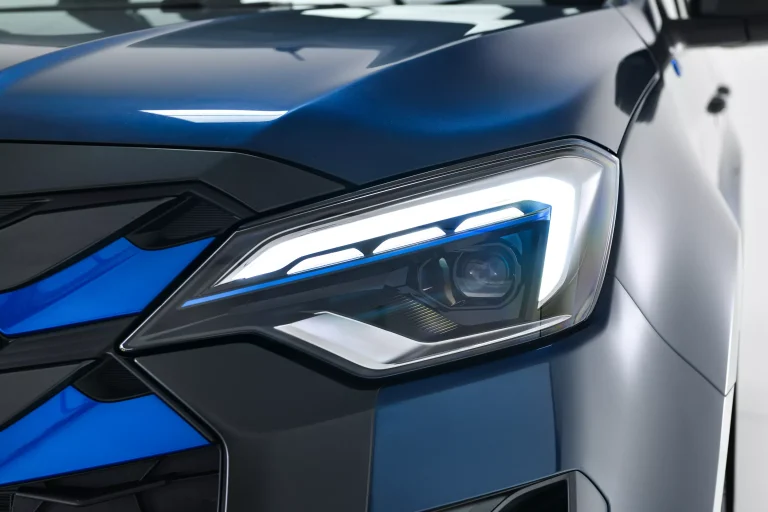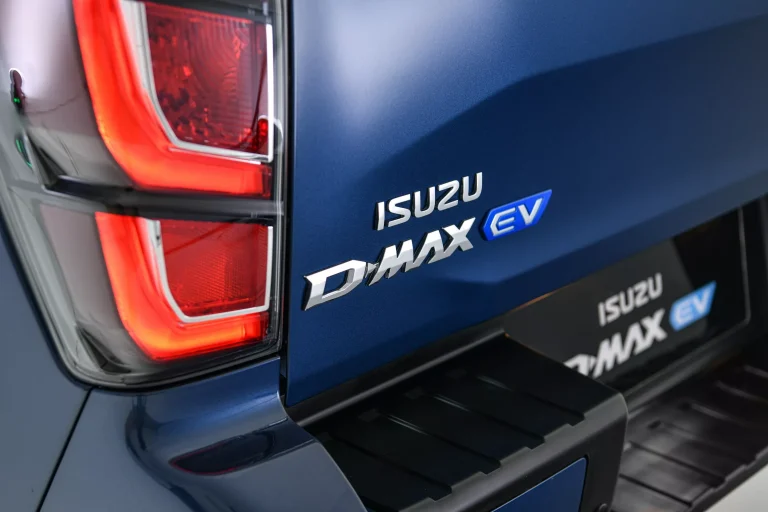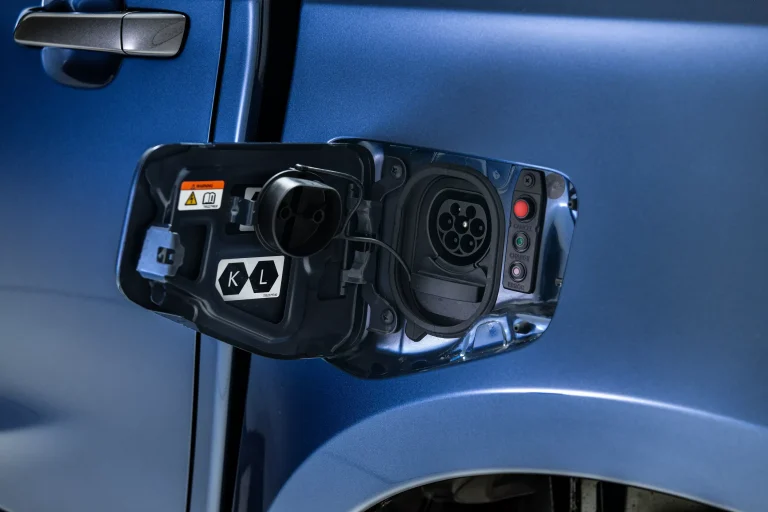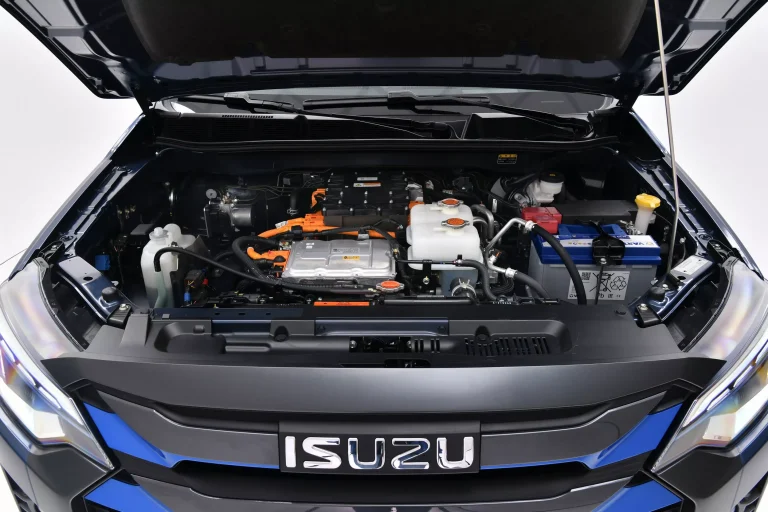The electric pickup truck revolution has gained another serious contender, and this time it’s coming from an unexpected source. While Tesla Cybertruck and Ford Lightning grab headlines, Isuzu has quietly developed what might be the most practical electric pickup for commercial users. The D-Max EV isn’t just another lifestyle truck—it’s a genuine workhorse that happens to run on electrons instead of diesel.
But here’s the catch: the price tag is absolutely eye-watering.
What Makes the D-Max EV Different?
Isuzu hasn’t tried to reinvent the wheel with their first electric pickup. Instead, they’ve done something arguably smarter: they’ve electrified their already proven D-Max platform without compromising the core capabilities that make it a commercial favorite.
The D-Max EV looks virtually identical to its diesel sibling, and that’s entirely intentional. Fleet managers don’t want their drivers dealing with dramatically different ergonomics or wondering where the controls are. This approach makes the transition to electric as seamless as possible for businesses already running D-Max fleets.
Under the familiar exterior lies a sophisticated dual-motor setup that delivers impressive numbers. With 188 horsepower and 325 Nm of torque, the electric D-Max matches the performance of its diesel counterparts while offering the instant torque delivery that only electric motors can provide.
Commercial Capabilities That Actually Matter

Let’s talk about the specs that really matter for commercial users. The D-Max EV can tow up to 3.5 tonnes (7,700 lbs) and carry a payload of over one tonne (2,200 lbs). These aren’t compromised numbers for an electric vehicle—they match or exceed what many diesel pickups offer.
The four-wheel-drive system is permanent, meaning you get all-weather capability without the complexity of switching between drive modes. For contractors, emergency services, or any business that needs reliable all-terrain performance, this is crucial.
| Specification | D-Max EV | Typical Diesel D-Max |
|---|---|---|
| Power | 188 hp (140 kW) | 161-190 hp |
| Torque | 325 Nm | 350-450 Nm |
| Towing Capacity | 3.5 tonnes | 3.5 tonnes |
| Payload | 1+ tonne | 1+ tonne |
| Drive System | Permanent 4WD | Selectable 4WD |
The Reality of Electric Commercial Use
Here’s where things get interesting from a practical standpoint. Most commercial pickup trucks don’t travel massive distances daily. They’re used for local deliveries, construction sites, maintenance rounds, or similar applications where a 200-300 mile range is perfectly adequate.
The D-Max EV’s battery pack (specific capacity not yet disclosed) is designed to handle these use cases while providing enough reserve for unexpected needs. More importantly, overnight charging means starting each day with a full “tank”—something diesel trucks can’t claim.
For fleet operators, this translates to lower operating costs, reduced maintenance requirements, and the ability to take advantage of off-peak electricity rates. The instant torque also means better performance when loaded, which any contractor will appreciate when hauling materials up a construction site access road.
The Price Reality Check
Now for the shocking part: the D-Max EV starts at £59,995 excluding VAT in the UK market. With VAT, you’re looking at over £71,000 for the entry-level version. That’s not a typo.
To put this in perspective, a well-equipped diesel D-Max typically costs around £35,000-£45,000. The electric version costs at least £15,000 more than the most expensive diesel variant, and that’s before you factor in any options or higher trim levels.
This pricing positions the D-Max EV as one of the most expensive electric pickups in its class, significantly more than alternatives like the Maxus T90EV. It’s even pricier than some premium lifestyle electric trucks.
Who’s This Really For?
The pricing strategy reveals Isuzu’s target market clearly: this isn’t aimed at individual buyers or small businesses operating on tight margins. Instead, it’s positioned for:
- Large fleet operators who can amortize the cost over several years and benefit from reduced operating expenses
- Government and municipal fleets where environmental credentials matter as much as capabilities
- Utility companies that need the towing capacity and all-weather reliability
- Premium service companies where the higher upfront cost can be passed through to customers
The March 2026 UK delivery timeline also suggests this is a measured rollout targeting specific commercial customers rather than a mass-market launch.
Technical Specifications and Features

The dual-motor configuration provides several advantages over single-motor setups. Each axle gets its own motor, enabling precise torque vectoring and maintaining traction even when one wheel loses grip. This setup also provides redundancy—if one motor fails, the truck can still operate.
The 18-inch alloy wheels with 265/60R18 tires are sized for durability rather than maximum efficiency, acknowledging that commercial users prioritize reliability over every last mile of range.
| Feature | Specification |
|---|---|
| Motors | Dual-motor (front & rear) |
| Combined Power | 188 hp (140 kW) |
| Combined Torque | 325 Nm (240 lb-ft) |
| Drivetrain | Permanent AWD |
| Wheels | 18″ alloy |
| Tires | 265/60R18 |
| Body Styles | Extended Cab, Double Cab |
Market Positioning and Competition
The D-Max EV enters a relatively sparse market for genuine commercial electric pickups. While there are several electric trucks available, most are either lifestyle-focused or compromise on traditional pickup capabilities.
Isuzu’s approach of maintaining full commercial capability while adding electrification differentiates it from many competitors who’ve prioritized range or features over payload and towing capacity.
The premium pricing suggests Isuzu isn’t interested in a price war. Instead, they’re betting that commercial customers will pay extra for proven reliability, maintained capabilities, and the Isuzu dealer network’s commercial vehicle expertise.
The Broader Implications
This launch represents something significant beyond just another electric vehicle. Isuzu is known for commercial vehicles—their trucks are workhorses used globally in demanding applications. When a company with this reputation commits to electrification, it signals confidence that electric powertrains are ready for serious commercial use.
The timing also aligns with increasing environmental regulations in urban areas. Many cities are implementing low-emission zones that will eventually restrict diesel vehicles. For businesses operating in these areas, the D-Max EV isn’t just an option—it’s preparation for regulatory requirements.
What This Means for Buyers
If you’re considering the D-Max EV, you need to do the math carefully. The higher purchase price means longer payback periods, even with lower operating costs. For many small businesses, the financial case simply won’t close.
However, for larger operations with predictable usage patterns, multiple vehicles, and the ability to install charging infrastructure, the total cost of ownership equation looks different. Factor in potential tax incentives, reduced maintenance, and the value of environmental credentials, and the premium might be justifiable.
The key is honest assessment of your actual needs. If you occasionally tow 3.5 tonnes but usually carry light loads, you might be paying for capability you rarely use. Conversely, if you regularly max out payload and towing capacity, the D-Max EV’s maintained capabilities justify the premium.
The Bottom Line
The Isuzu D-Max EV represents a mature approach to electric pickup development. Rather than chasing headlines with extreme specifications or radical designs, Isuzu has created a practical tool that happens to be electric.
The shocking price reflects this positioning—it’s not meant to undercut diesel alternatives but to provide a premium electric option for users who need genuine commercial capability. Whether this strategy succeeds depends on how quickly the commercial vehicle market embraces electrification and whether operating cost savings can justify the purchase premium.
For fleet managers and business owners considering the transition to electric, the D-Max EV offers a low-risk entry point backed by Isuzu’s commercial vehicle expertise. Just be prepared to pay handsomely for that peace of mind.
Ready to go electric with your fleet? The Isuzu D-Max EV launches in the UK in March 2026, with pre-orders opening later in 2025. Consider your actual usage patterns, available charging infrastructure, and long-term operating costs before making the jump to this premium electric workhorse.
Photo Gallery For Isuzu D-Max Electric Pickup
